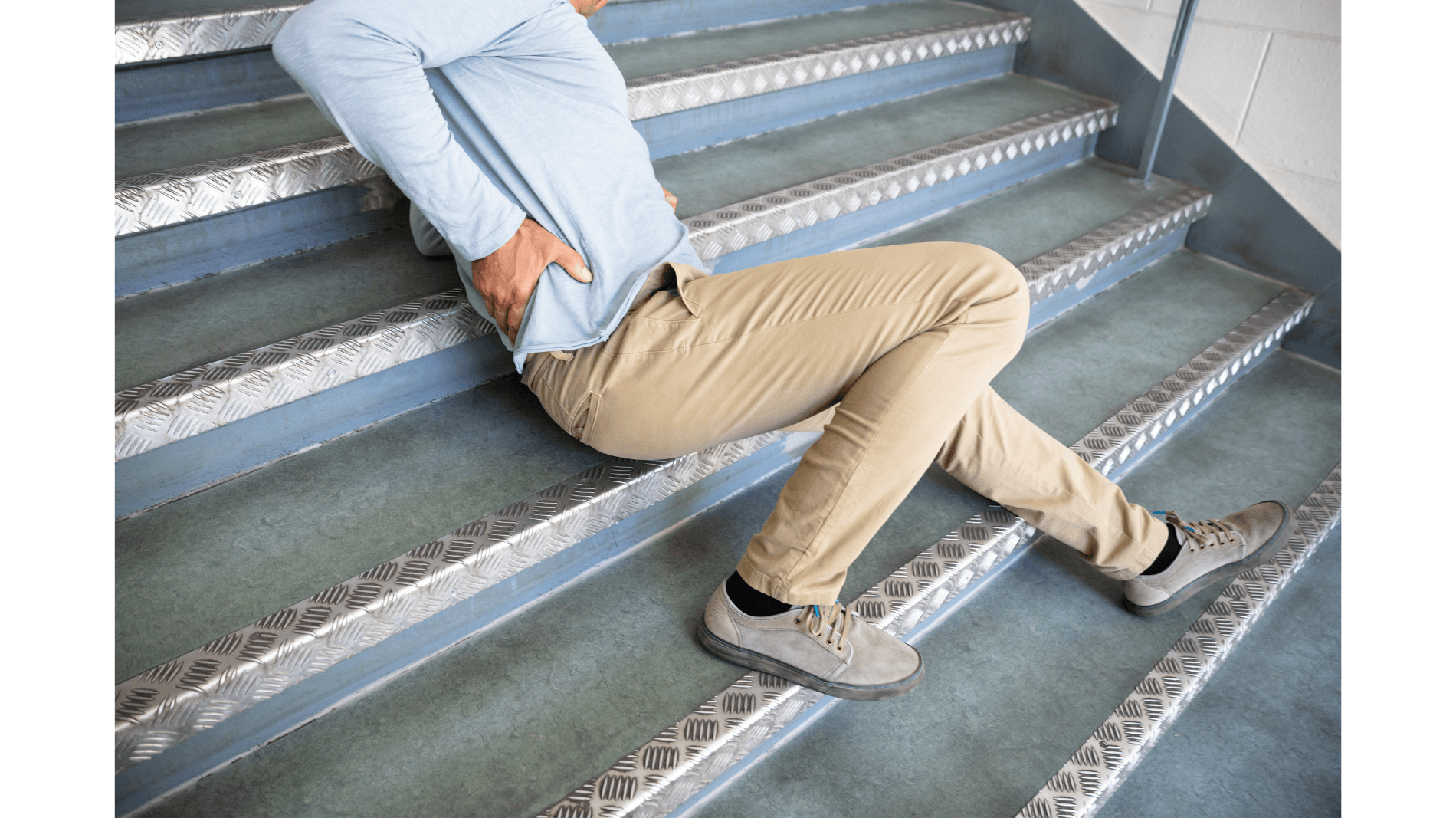
- Understanding the Different Types of Assistive Listening Technology - April 15, 2025
- Emergencies That Can Occur With Hearing Aids - April 5, 2025
- When to Consider a Second Opinion for Hearing Health - March 25, 2025
In the dance of daily life, our sense of balance is intricately tied to our ability to hear. Surprising as it may seem, untreated hearing loss can significantly impact our overall stability, potentially leading to accidents and falls.
Understanding the Link Between Hearing Loss and Falls
Research has shown a strong correlation between untreated hearing loss and an increased risk of accidents and falls, especially among older adults. The connection lies in the intricate relationship between our auditory system and the vestibular system responsible for balance.
The Role of the Vestibular System
The inner ear houses the vestibular system, which plays a crucial role in maintaining balance and spatial orientation. When hearing is compromised, it can disrupt the delicate interplay between the auditory and vestibular systems, impacting our ability to navigate the world with confidence.
Auditory Cues for Balance
Our brains also rely on auditory cues from our surroundings to interpret our environment and make split-second adjustments to maintain balance. When hearing is impaired, this feedback loop is disrupted, making individuals more susceptible to stumbles and falls.
The Impact of Hearing Loss on Fall Risk
There are several ways that hearing loss can increase the risk of falls:
- Delayed Reaction Time: Individuals with untreated hearing loss may experience a delay in their ability to respond to auditory cues, hindering their reaction time in situations that require swift adjustments to prevent falls.
- Spatial Awareness Challenges: Hearing loss can lead to difficulties in perceiving the direction and distance of sounds, affecting an individual’s spatial awareness. This compromised awareness can contribute to misjudging distances, increasing the risk of tripping.
- Decreased Situational Awareness: Sounds such as footsteps, approaching vehicles, or warning signals are vital for maintaining situational awareness. Untreated hearing loss reduces the ability to detect these auditory cues, leaving individuals vulnerable to potential hazards.
- Cognitive Load: Struggling to hear in noisy environments places an additional cognitive load on individuals with hearing loss. This increased cognitive demand can divert attention away from balance, further increasing the risk of accidents.
The Preventive Power of Hearing Aids
The good news is that treating hearing loss can have a major impact on your balance! Here’s how:
- Restoring Auditory Input: Addressing hearing loss through interventions like hearing aids helps restore crucial auditory input. By amplifying sounds in the environment, hearing aids enable individuals to receive the necessary cues for maintaining balance and spatial awareness.
- Enhancing Reaction Time: Improved hearing facilitates quicker response times to auditory signals, allowing individuals to react promptly to potential dangers and avoid accidents.
- Reclaiming Spatial Awareness: Treating hearing loss supports spatial awareness by providing individuals with a more accurate perception of the direction and distance of sounds.
- Boosting Situational Awareness: Hearing aids enhance an individual’s ability to detect essential environmental sounds, such as sirens, alarms, or approaching footsteps. This heightened situational awareness is instrumental in preventing accidents and falls.
- Reducing Cognitive Load: By improving the clarity of auditory information, hearing aids reduce the cognitive load associated with listening. This allows individuals to allocate their cognitive resources more effectively, focusing on maintaining balance and avoiding potential hazards.
Additional Strategies for Fall Prevention
If you want to improve your balance and prevent accidents or falls, there are a few things you can do to boost your overall stability:
- Regular Physical Activity: Engaging in regular exercise helps strengthen muscles, improve balance, and enhance overall physical fitness, reducing the risk of falls.
- Home Modifications: Making simple modifications to the home environment, such as removing tripping hazards, installing handrails, and improving lighting, can significantly contribute to fall prevention.
- Eye Exams: Regular eye check-ups are essential for maintaining good vision, another crucial factor in preventing accidents and falls.
- Footwear Choices: Wearing appropriate footwear with good support and nonslip soles is vital for stability and preventing slips and falls.
Treating Hearing Loss of Better Balance
Recognizing the connection between untreated hearing loss and an increased risk of falls underscores the importance of treating hearing loss. By wearing hearing aids, you can reclaim stability, enhance your overall well-being, and navigate the world with confidence.
Remember, the power to safeguard both your auditory and physical health is within reach. Whether you’re taking the first step toward addressing hearing loss or implementing fall prevention strategies, each action contributes to your overall health and well-being.
Book a hearing test today to learn more.
